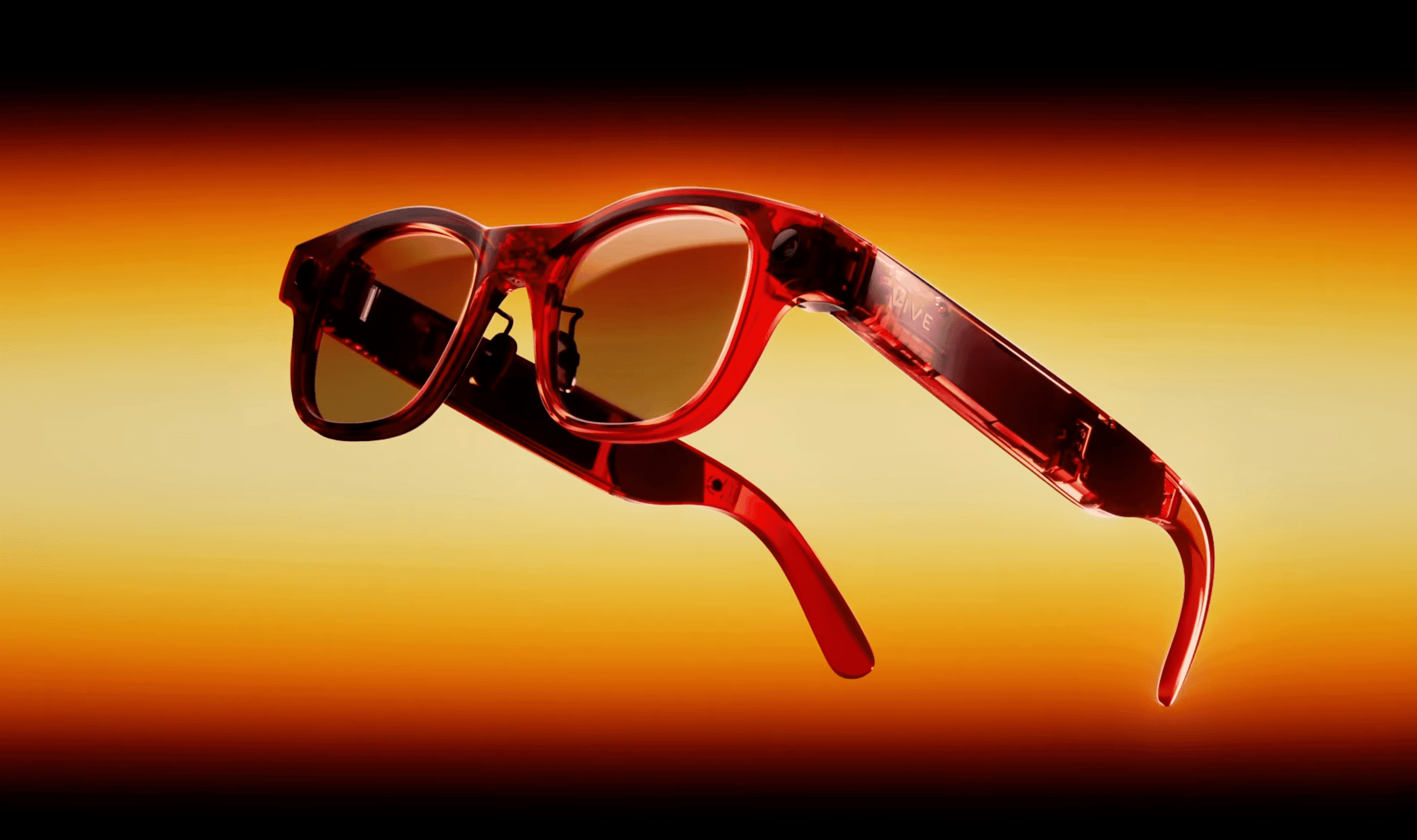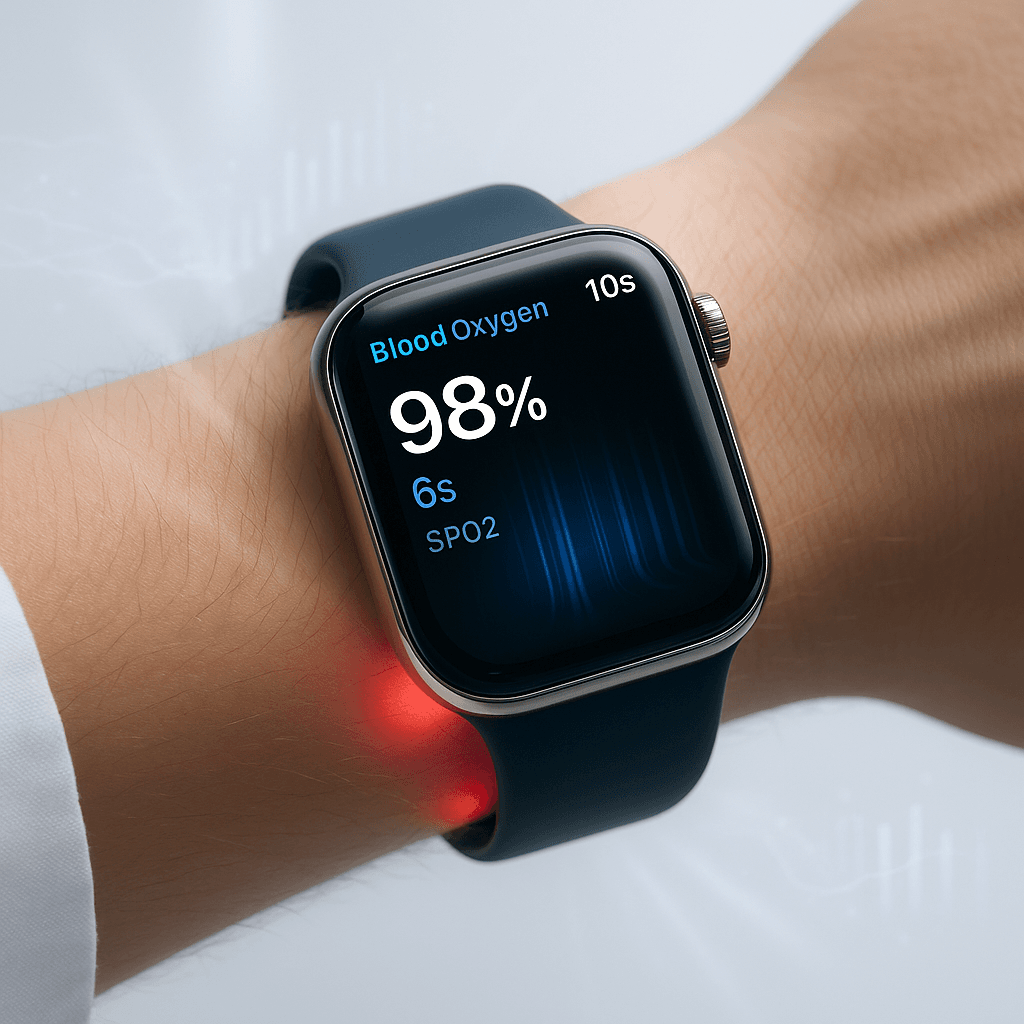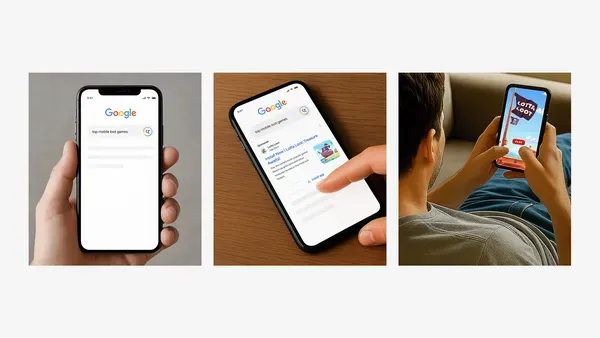TL;DR:
• HTC unveils Vive Eagle AI glasses with 13-language translation for $520
• Direct competitor to Meta Ray-Ban glasses with identical 49-gram weight
• Taiwan-exclusive launch suggests testing ground before global rollout
• Smart glasses market heats up with Google, Samsung, Apple all developing competing products
HTC just fired a shot across Meta's bow in the exploding AI glasses market. The company launched its $520 Vive Eagle smart glasses in Taiwan today, packing AI-powered translation, voice commands, and a 12MP camera into a 49-gram frame that directly targets Meta's Ray-Ban partnership. With Google, Samsung, and Apple all circling the same space, HTC's entry signals the smart glasses gold rush is officially underway.
HTC just made the AI glasses race a whole lot more interesting. The Taiwanese tech giant's surprise launch of the Vive Eagle smart glasses today puts another serious contender in the ring against Meta's increasingly dominant Ray-Ban partnership, and the timing couldn't be more strategic.
The $520 Vive Eagle glasses pack serious tech into their lightweight 49-gram frame – matching Meta's Ray-Ban specs exactly. But HTC's killer feature is AI-powered real-time translation across 13 languages, letting wearers point at text and instantly understand it through voice commands to the built-in Vive AI assistant. According to HTC's announcement, the system processes visual input through a 12MP ultrawide camera and responds through integrated speakers.
The feature set reads like a direct challenge to Meta's recent updates. Voice reminders, restaurant recommendations, and note-taking capabilities mirror exactly what Meta rolled out to Ray-Ban users last October. HTC's clearly been watching Meta's playbook closely, but the company's betting that superior AI translation gives them a competitive edge in international markets.
What's particularly telling is HTC's Taiwan-only launch strategy. The company isn't saying when – or if – the Vive Eagle will hit North American or European markets, but industry insiders see this as a classic testing ground approach. Taiwan's tech-savvy consumer base and proximity to Asian manufacturing hubs make it an ideal laboratory for refining the product before a broader rollout.












